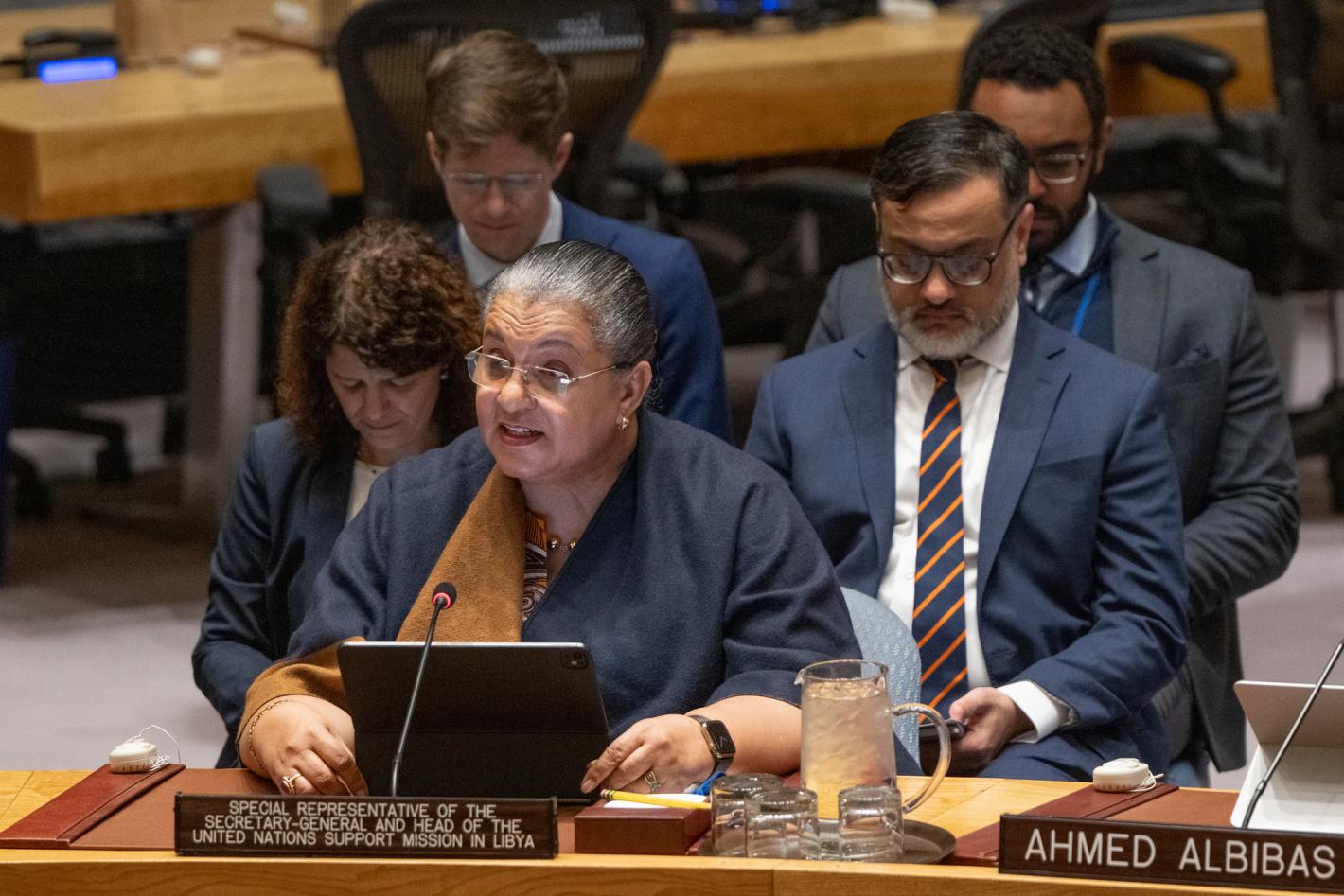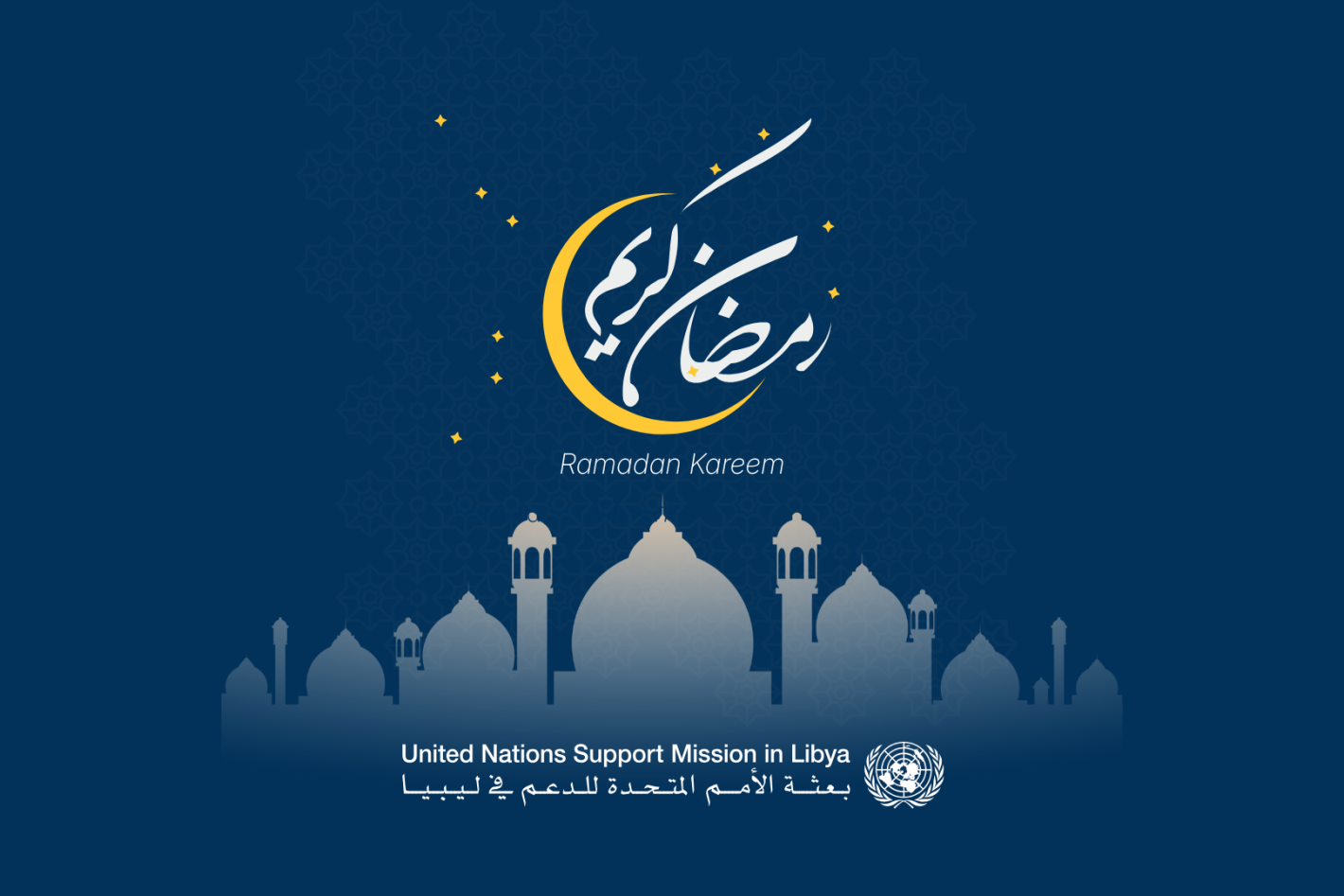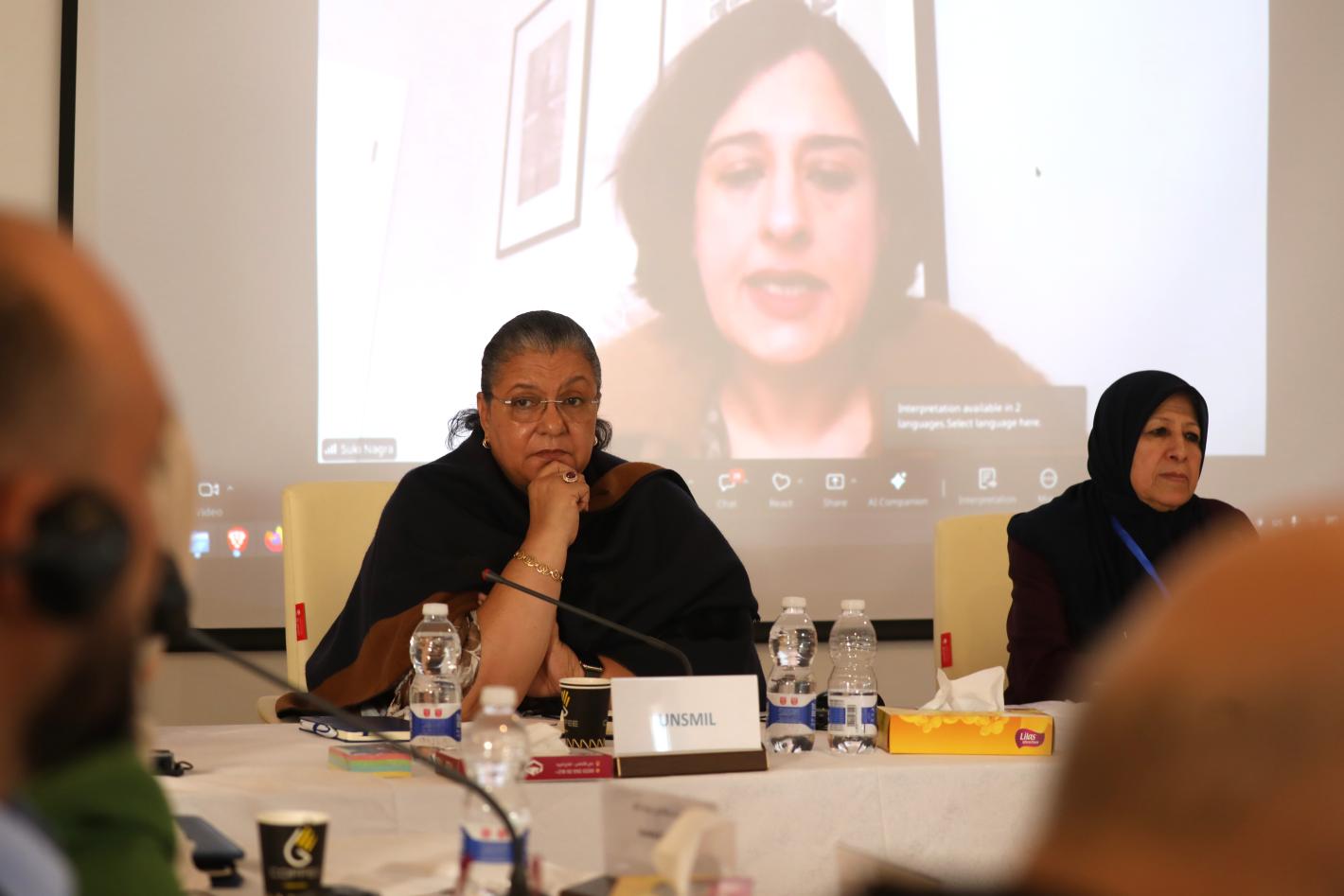TRIPOLI – 13 February 2023– A lack of awareness of their rights prevents many women from seizing economic opportunities, said the Ms. Zakiya Alamary the leader of the General Secretariat for Libyan Women (GSLW) in a meeting with UNSMIL’s gender equality section last week.
The group of 16 Libyan women working in state and governmental organisations including the Presidential Council, Ministry of Defence, Ministry of Health and the Ministry of Agriculture, discussed the role of women in national machinery, the challenges they face, and moves to establish a Higher Council for Libyan women.
“Women are reliant on the government for income through either salaries or monthly support, which does not cover all their needs,” said one participant. “Women’s economic opportunities need to be enhanced through training and by ensuring women’s participation in the development process, including through programmes that support small business,” added another.
Alamary explained that the GSLW was in the process of organizing a forum that brings together women from across Libya with the aim of adopting a charter for Libyan women. The charter will help them unify around a common agenda for the advancement of Libyan women.
Political participation for women is also difficult said members of the group, highlighting that there are few women in political positions, and only six female Libyan Ambassadors out of 148 embassies abroad.
“The economic situation further disadvantages women from taking part in politics,” said another participant, “as they cannot fund their political campaigns to the same degree as men.” This has meant that more women have been forced to align themselves with political parties.
The group also demanded that women should be able to fully enjoy their political rights, including those married to non-Libyan men, a choice which prevents them from running for elections unless they have permission from authorities due to discriminatory laws.
In the south of Libya, the group said that women struggle with restrictive cultural and societal traditions that emphasize the role of women as care takers rather than partners in economic and social development. This has a significant negative impact for women in the region. The participants in the meeting acknowledged that social customs across the country are often complicated, but that most often they impede women from taking office or participating in political life.
The group asked UNSMIL to support women in raising their voices and to be heard, including in any electoral process. UNSMIL will continue meeting with women from across Libya to hear their ideas and learn more about the challenges they face and will use this information to advocate for women’s rights and their empowerment.






